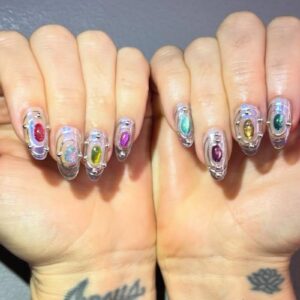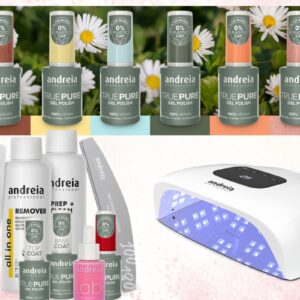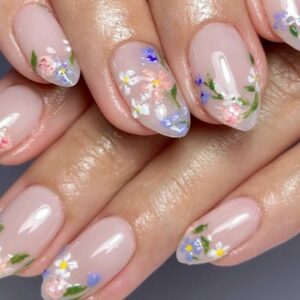
SPF: What is it & why do beauty pros need to know?
By Chloe Randall | 25 June 2023 | Feature, Health & wellbeing
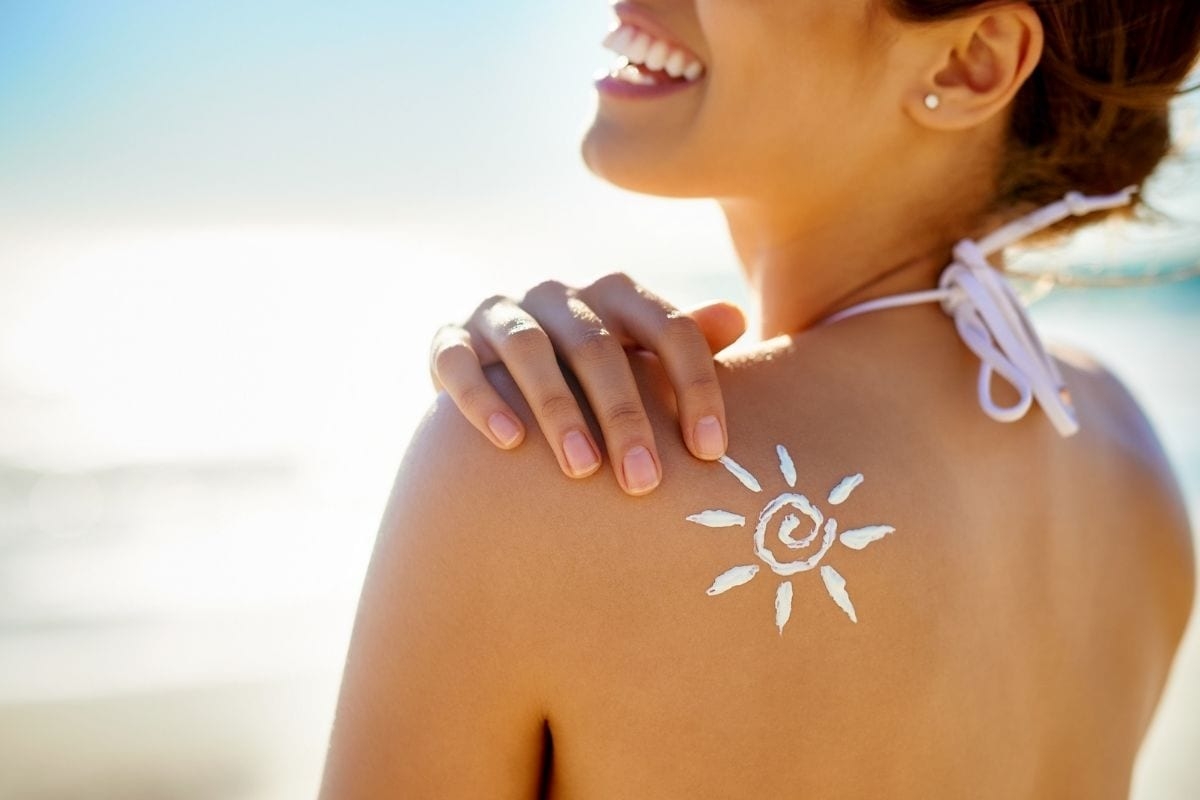
The topic of weather is often an ice-breaking conservation starter between nail & beauty pros and their clients. If you have clients who are hoping for sunshine this summer, it’s a prime time to bring up the topic of sun protection.
More than one in three (35%) burn their skin every year in the UK, with a further 46% burning while abroad, according to a study by the British Association of Dermatologists (BAD). In addition, the NHS reveals that repeated sunburn increases the risk of melanoma (skin cancer) and Cancer Research UK has found skin cancer to be one of the most common forms of cancer in the UK, seeing a 144% increase in mortalities since the early 1970s.
With Skin Cancer Awareness Month taking place in May, nail & beauty professionals have the opportunity to regularly observe changes that may appear on their client’s skin and by taking the time to read up on all things regarding the sun and your skin, you could advise your client to take action.
What is SPF?
 “The Sun Protection Factor (SPF) is commonly interpreted as how much longer skin covered with sunscreen takes to burn compared with unprotected skin,” reveals a spokesperson at the British Association of Dermatologists.
“The Sun Protection Factor (SPF) is commonly interpreted as how much longer skin covered with sunscreen takes to burn compared with unprotected skin,” reveals a spokesperson at the British Association of Dermatologists.
“So, if you burn after 10 minutes in the sun, then using a sunscreen labelled with SPF15 is taken to mean that you can safely remain in the sun for 10 x 15 = 150 minutes, or 2.5 hours, before burning.
“This definition focuses on extending time in the sun but a better way of thinking about the SPF is that if you spend a certain time in the sun, then wearing a sunscreen with a given SPF reduces the UV dose to 1/SPF of that which you would have received by spending the same time in the sun but with no sunscreen applied.
“For example, applying an SPF15 sunscreen results in a UV exposure to the skin of one-fifteenth of that which you would have received if you had not applied any sunscreen.”
SPF in moisturisers
Sunscreen brand, Sun Sense, reveals that you can help reduce your chances of developing skin cancer by applying sunscreen regularly on a daily basis. Make use of SPF moisturisers in your manicure and pedicure treatments and encourage daily use by retailing an SPF product.
“SPF used in moisturisers are tested the same way as sunscreens, so an SPF15 moisturiser should provide an SPF of 15,” advises a spokesperson from the BAD. “However, these formulas are less likely to be rub and water resistant and do not bind as well to the skin as sunscreen, and most importantly are likely to be applied a lot more thinly than sunscreen. Therefore, they are unlikely to offer the same level of protection.
“A moisturiser with an SPF will help protect you against small amounts of UV exposure, such as when you walk to the car or pop outside to hang out the washing, but sunscreen is better suited for longer, more deliberate UV exposure, such as spending your lunch hour outside.”
Get educated
 Devised by skin cancer awareness charity, Skcin, the Melanoma and Skin Cancer Early Detecion (MASCED) programme aims to provide those working within the beauty, hair and therapy sectors with the skills and knowledge to spot skin changes or lesions that could develop into cancer.
Devised by skin cancer awareness charity, Skcin, the Melanoma and Skin Cancer Early Detecion (MASCED) programme aims to provide those working within the beauty, hair and therapy sectors with the skills and knowledge to spot skin changes or lesions that could develop into cancer.
The online training programme trains you how to spot the early signs and symptoms of both melanoma and non-melanoma skin cancers and how to confidently signpost your clients to take appropriate action.
Costing £20, the course also teaches you how to prevent skin cancer by adopting sun safety measures so you can educate your clients to take charge of their skin health. The training has been reviewed and is supported by professional dermatologists. It has also been widely recognised by industry bodies BABTAC, NHBF and the British Beauty Council and endorsed by Habia.
Visit www.masced.uk/accreditation for more information and to register for the course.
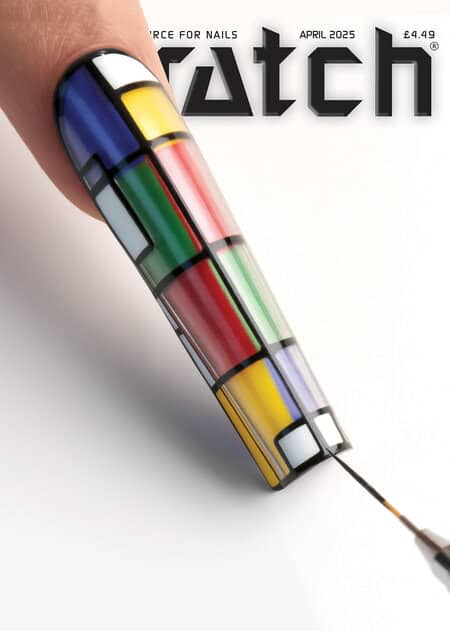
Read the latest issue



